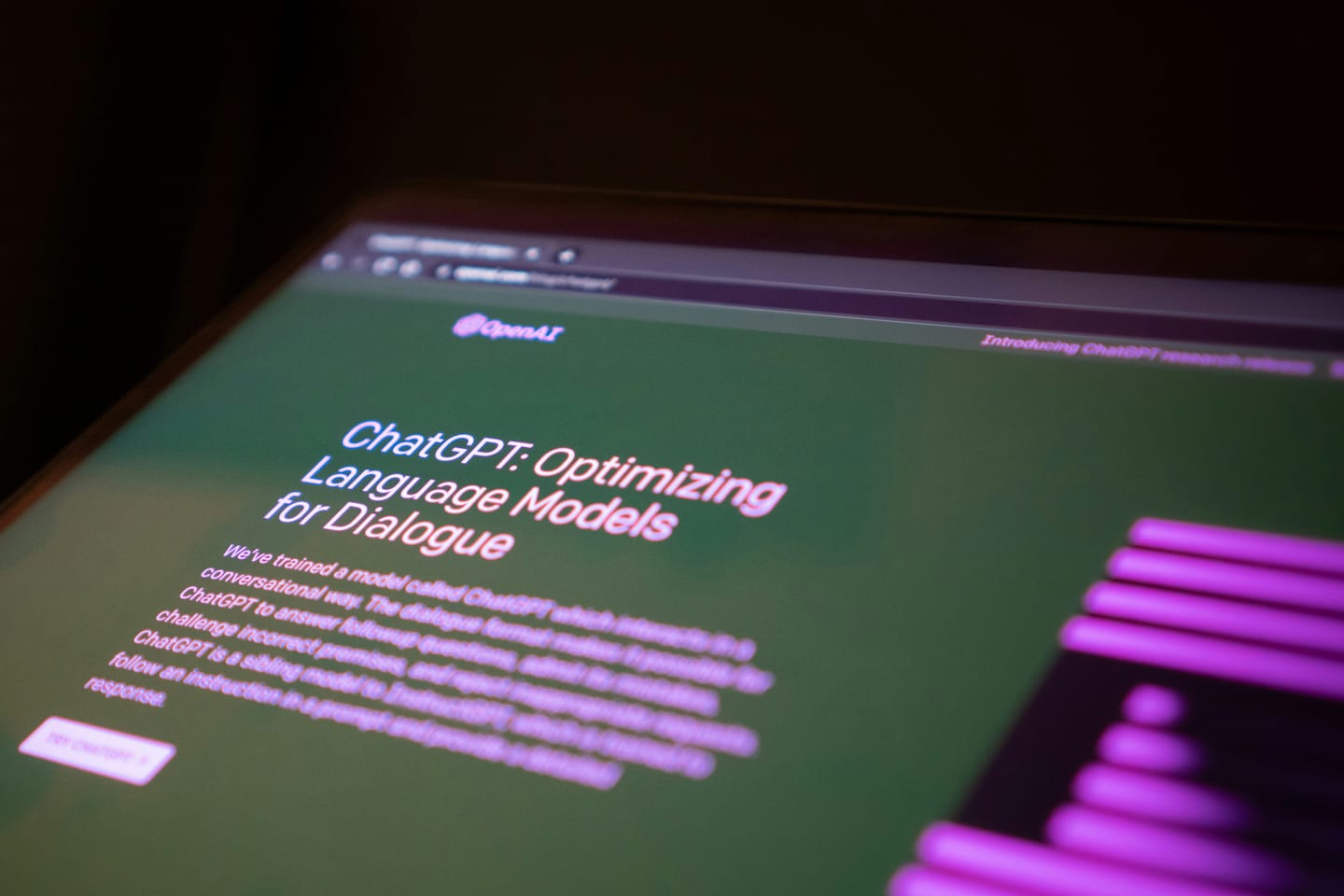Downloadable File Generation in GenAI Interfaces: Progress Made, Challenges Remain
In a previous blog post, we focused on input file handling in leading GenAI interfaces, mapping out which formats could be uploaded and processed reliably, and where the main limitations were. This time, we turn to the other side of the equation—output generation—with a concrete test case: producing









